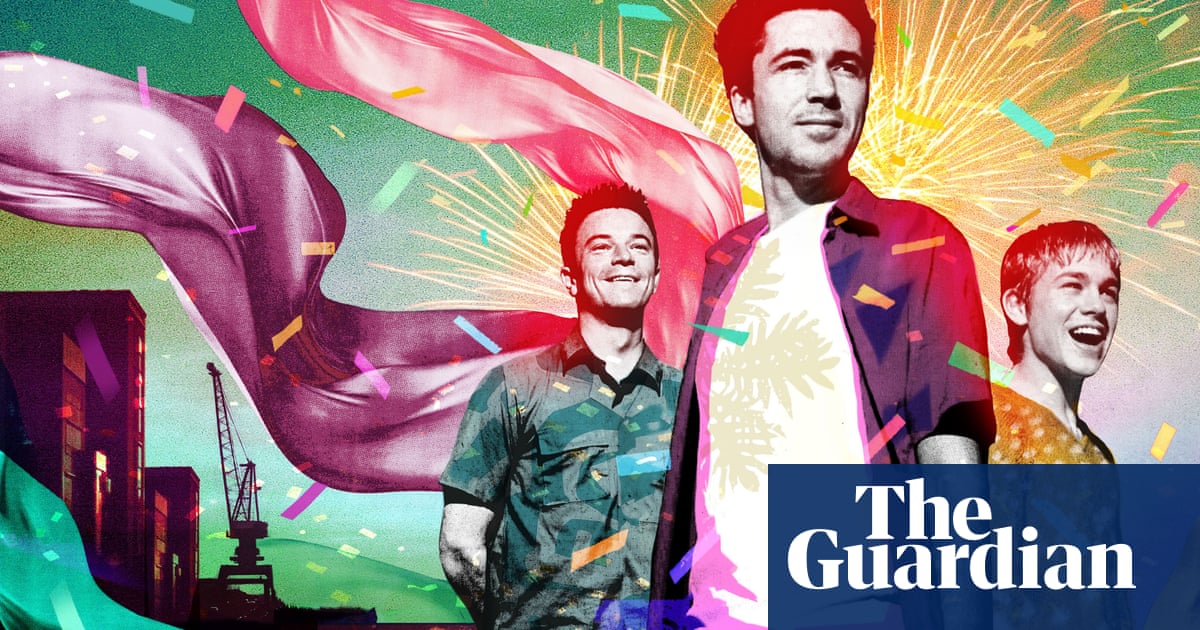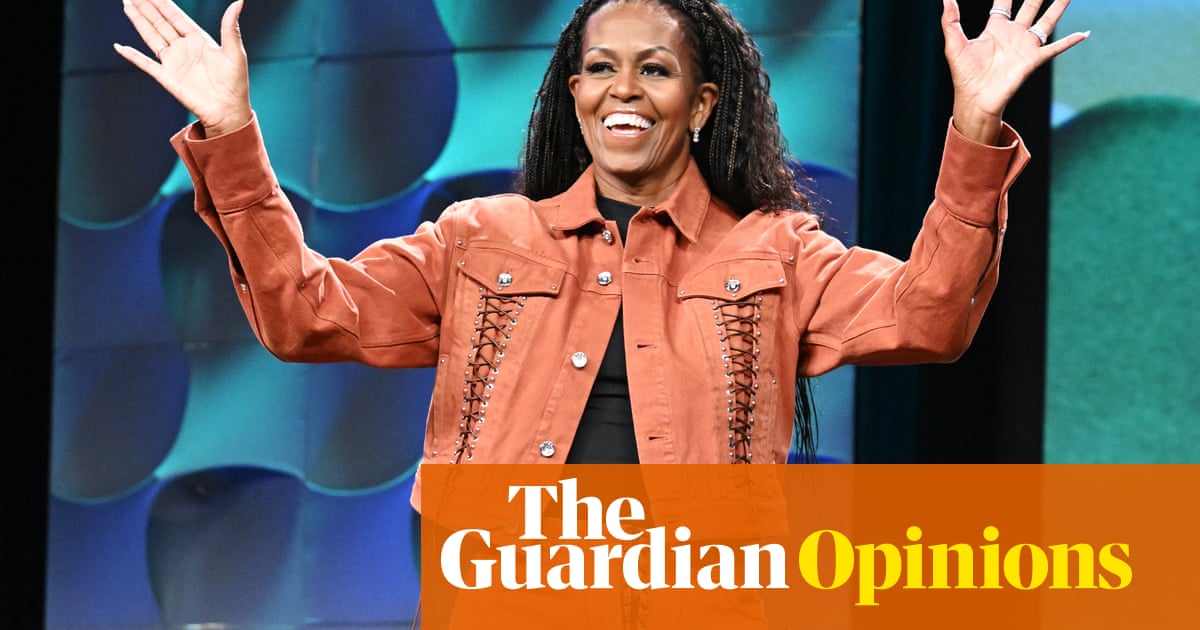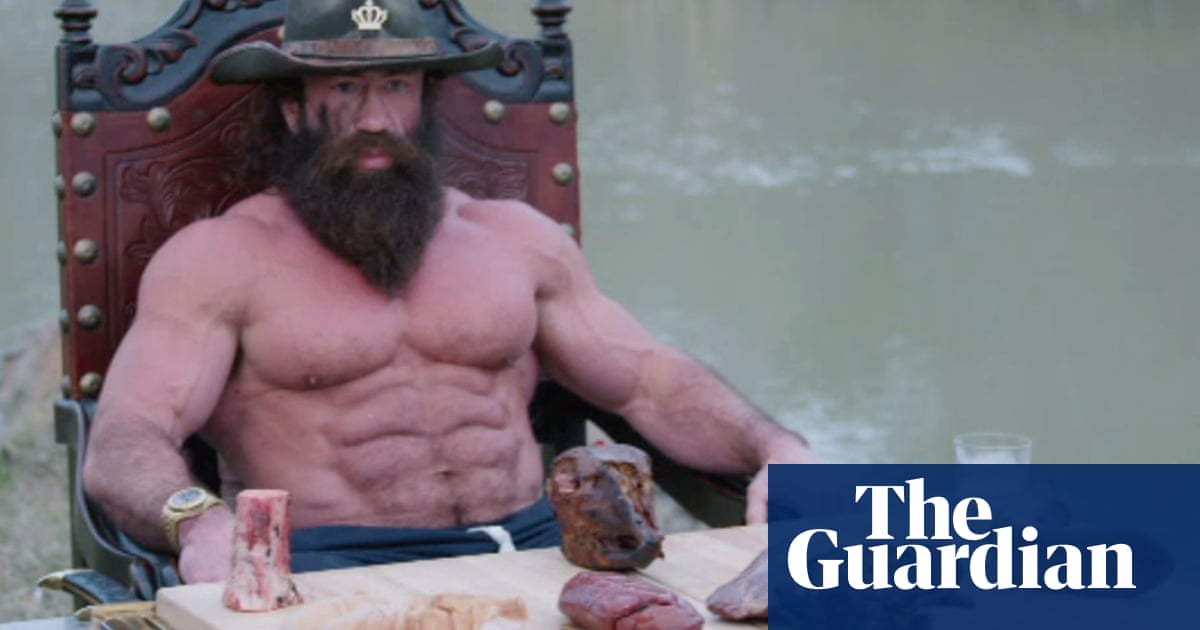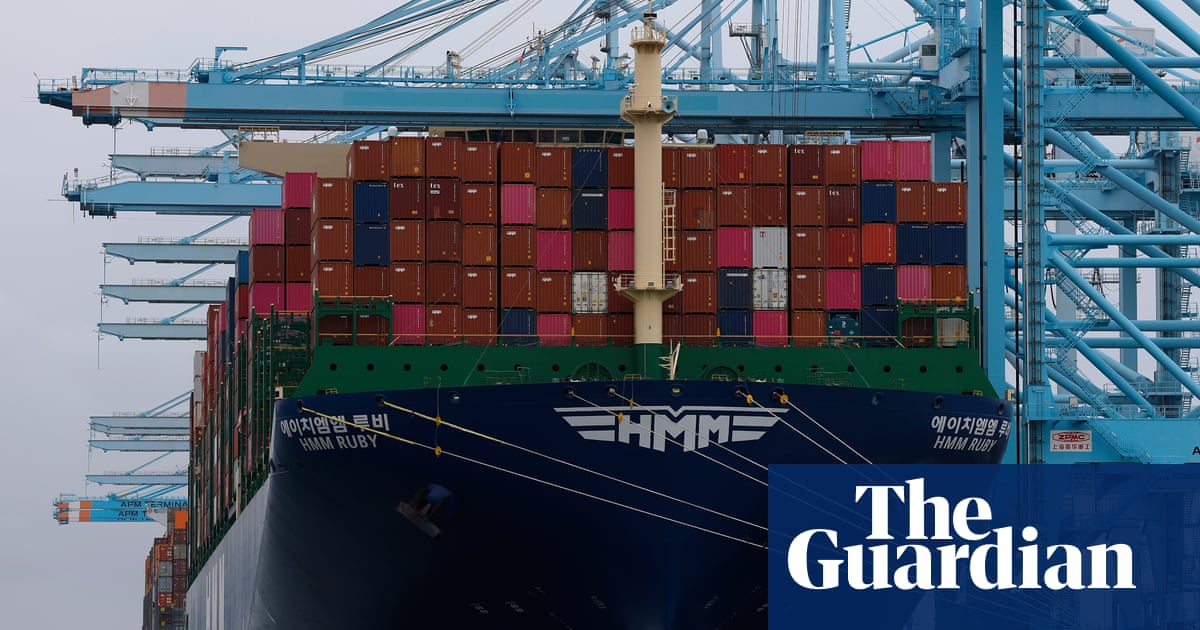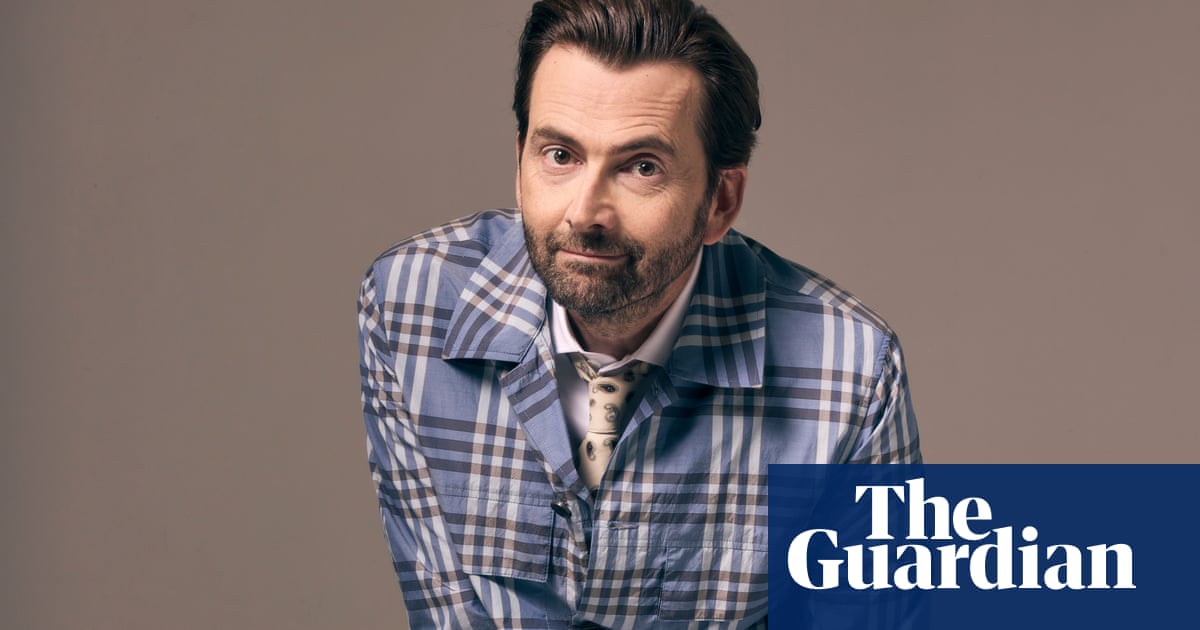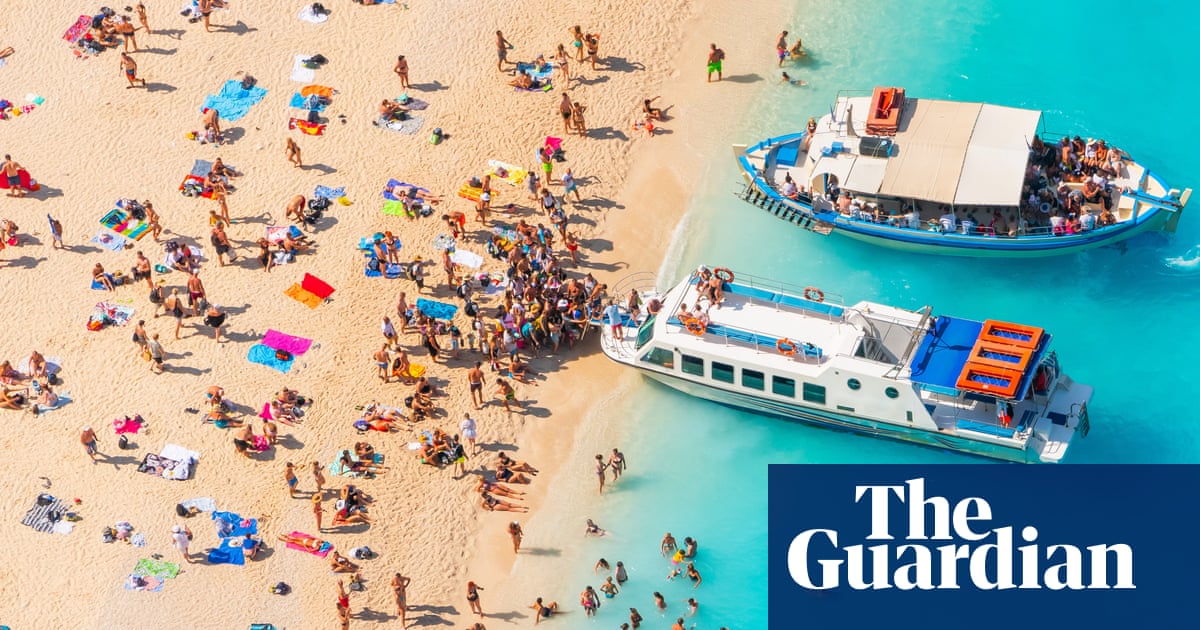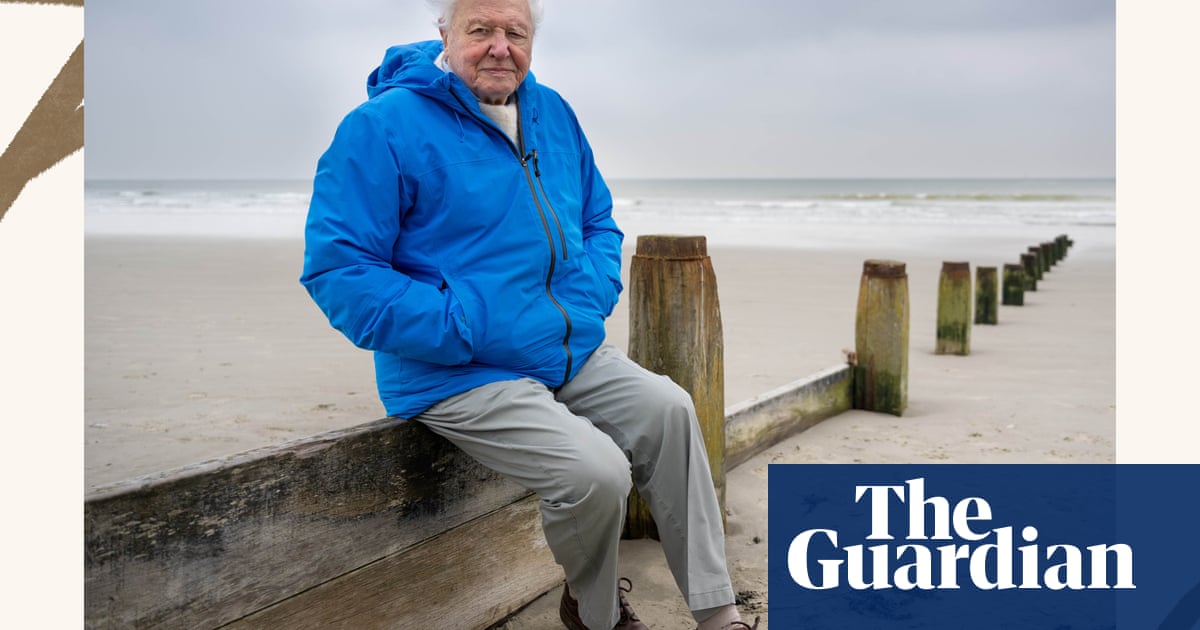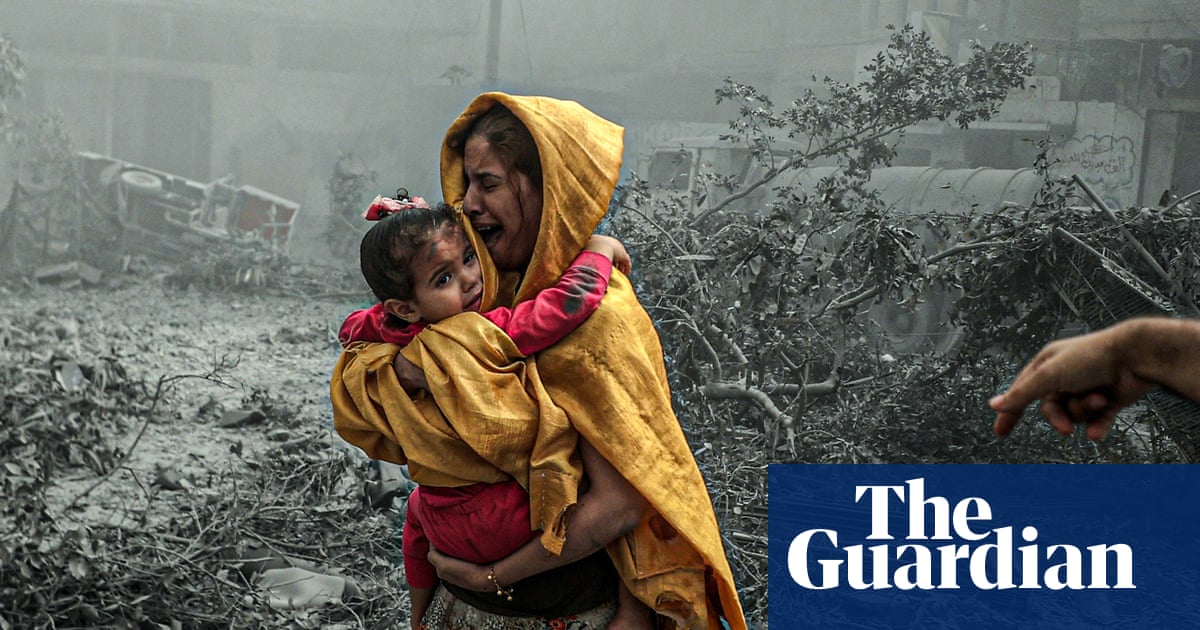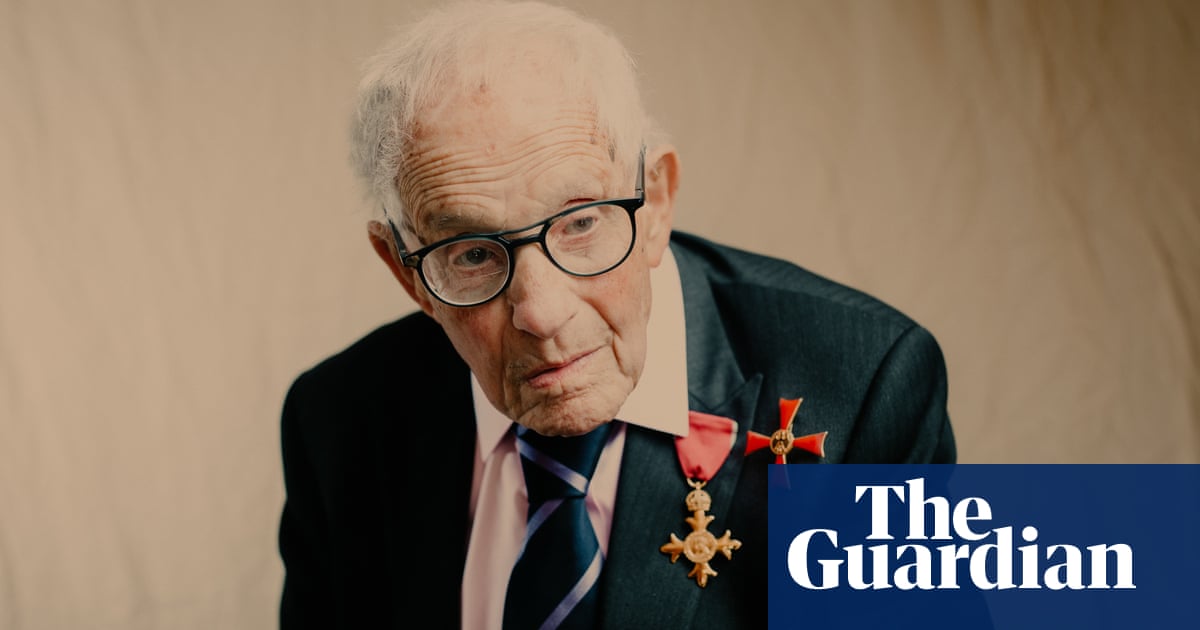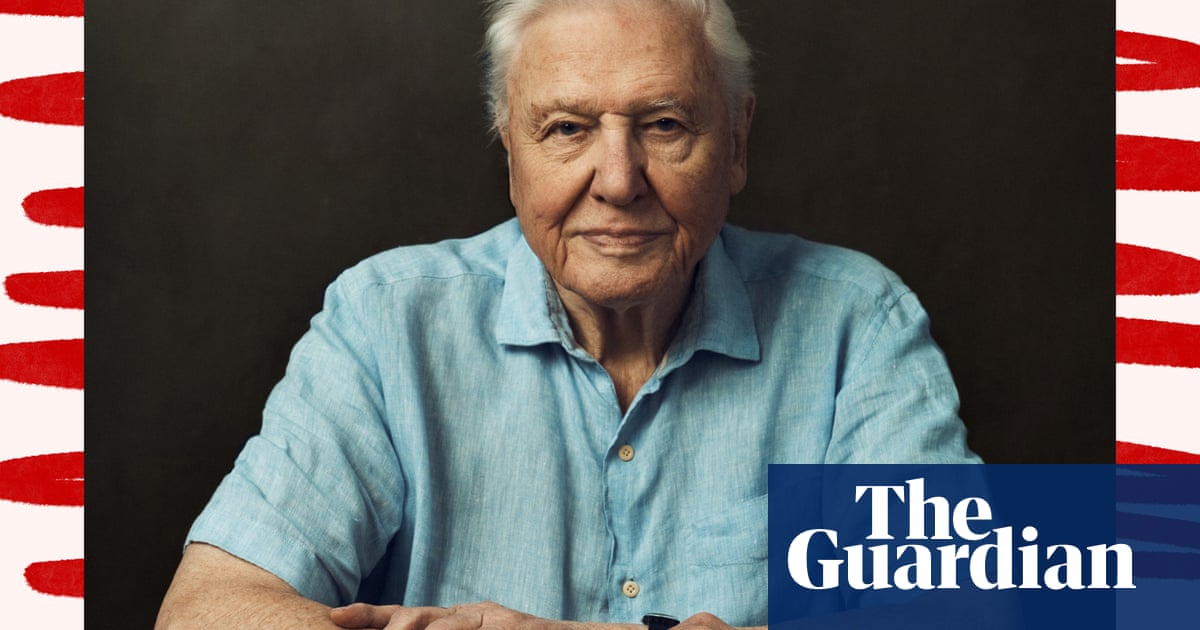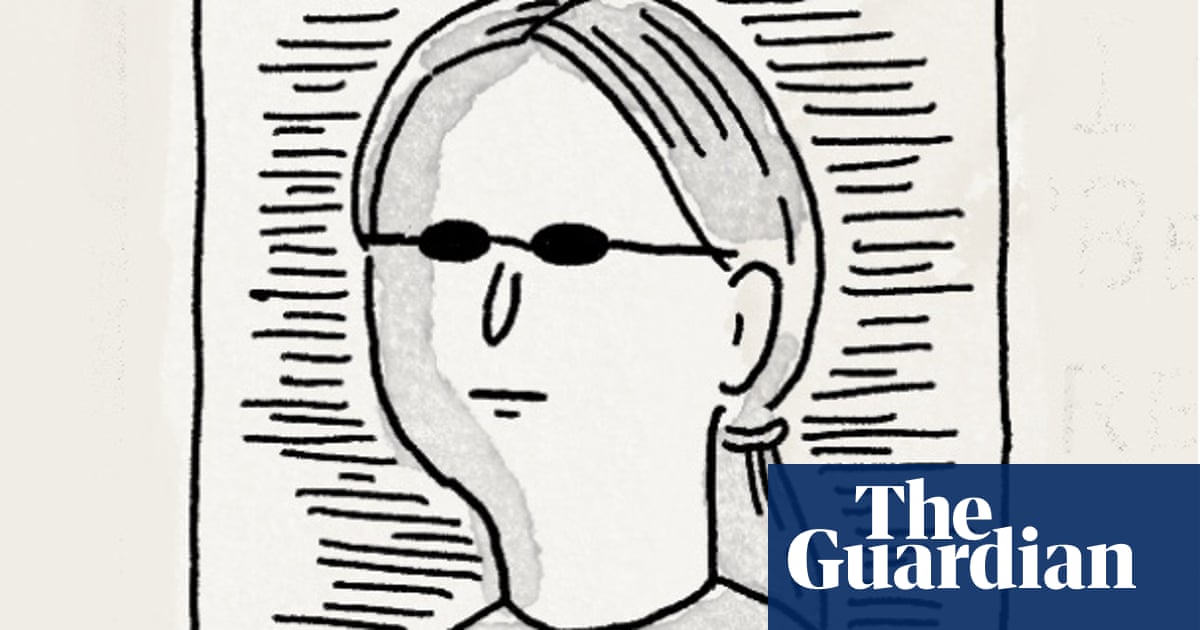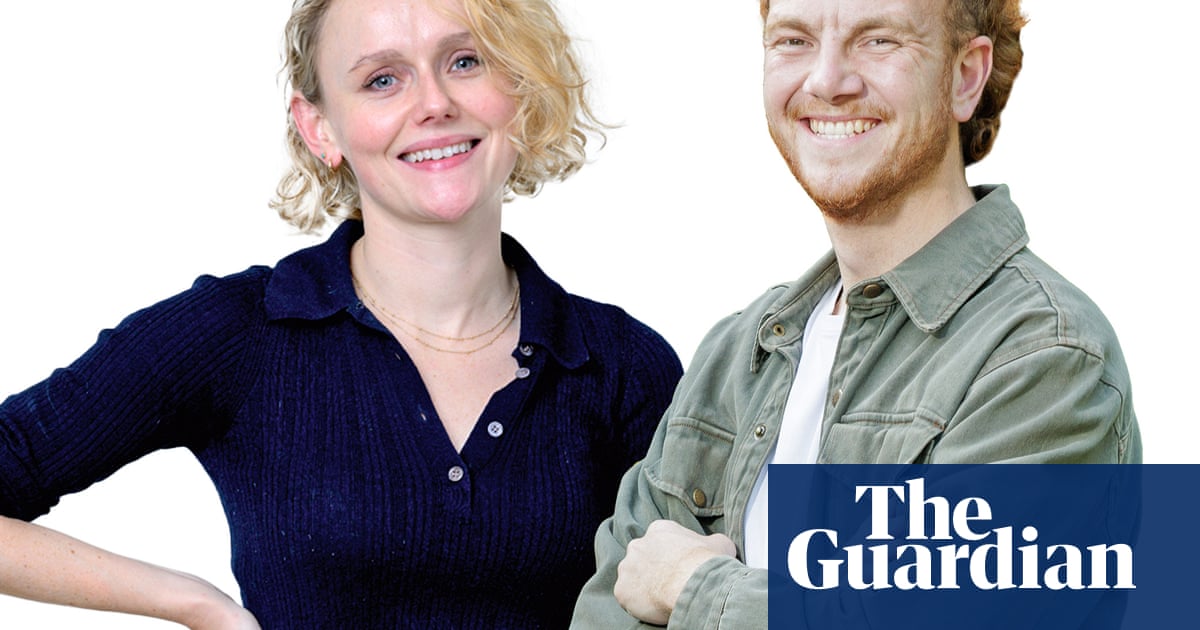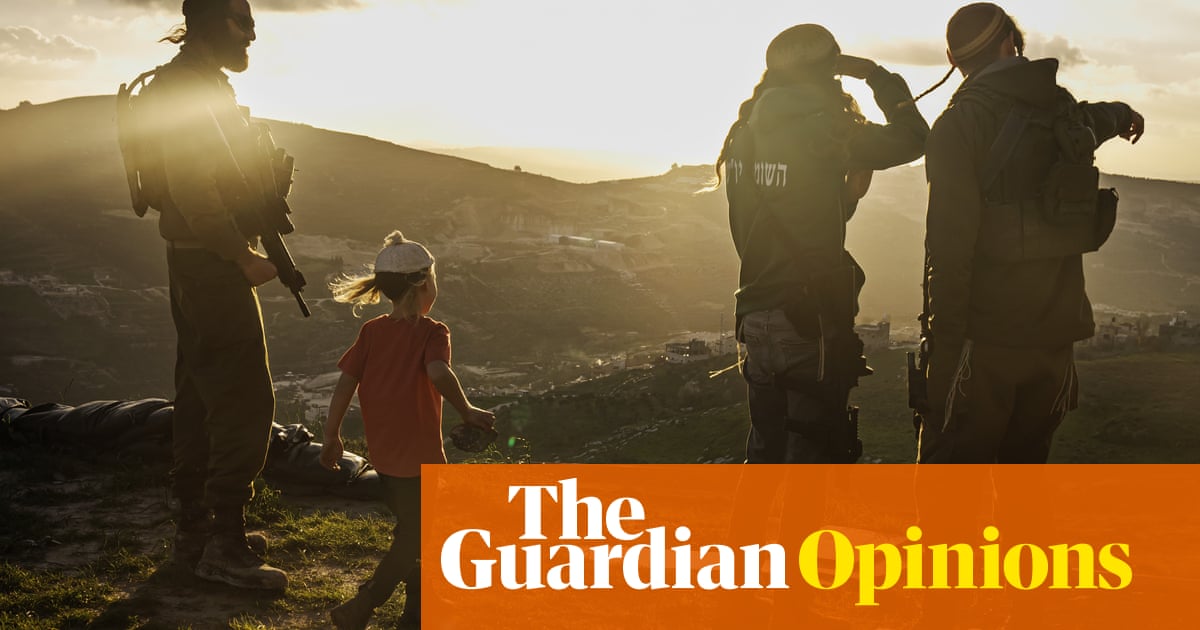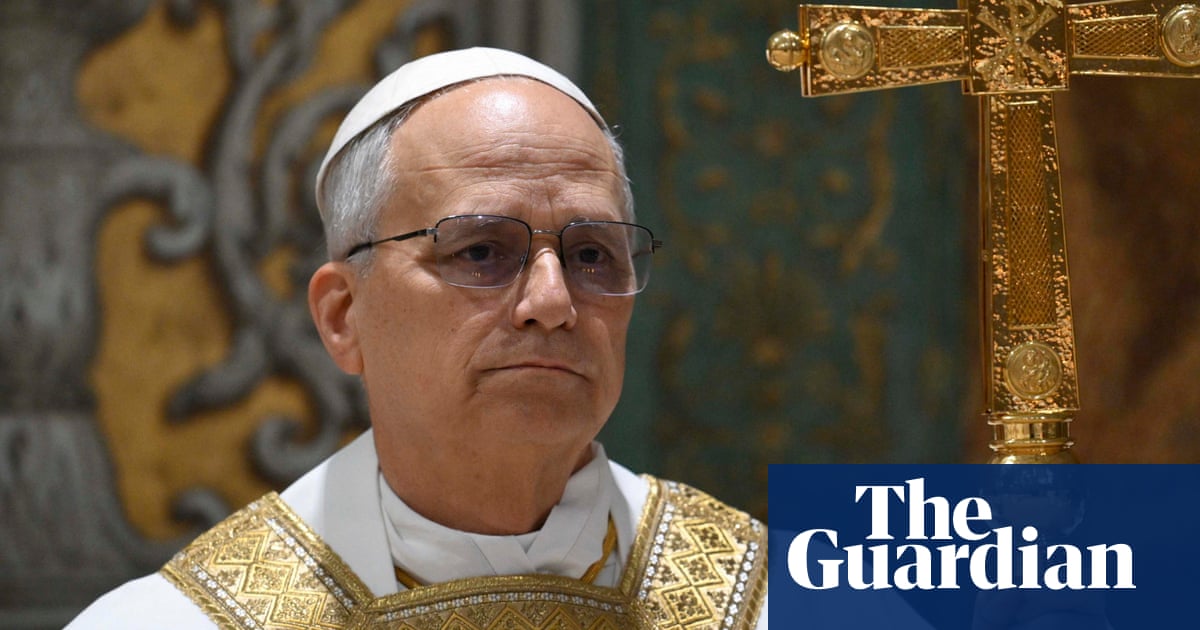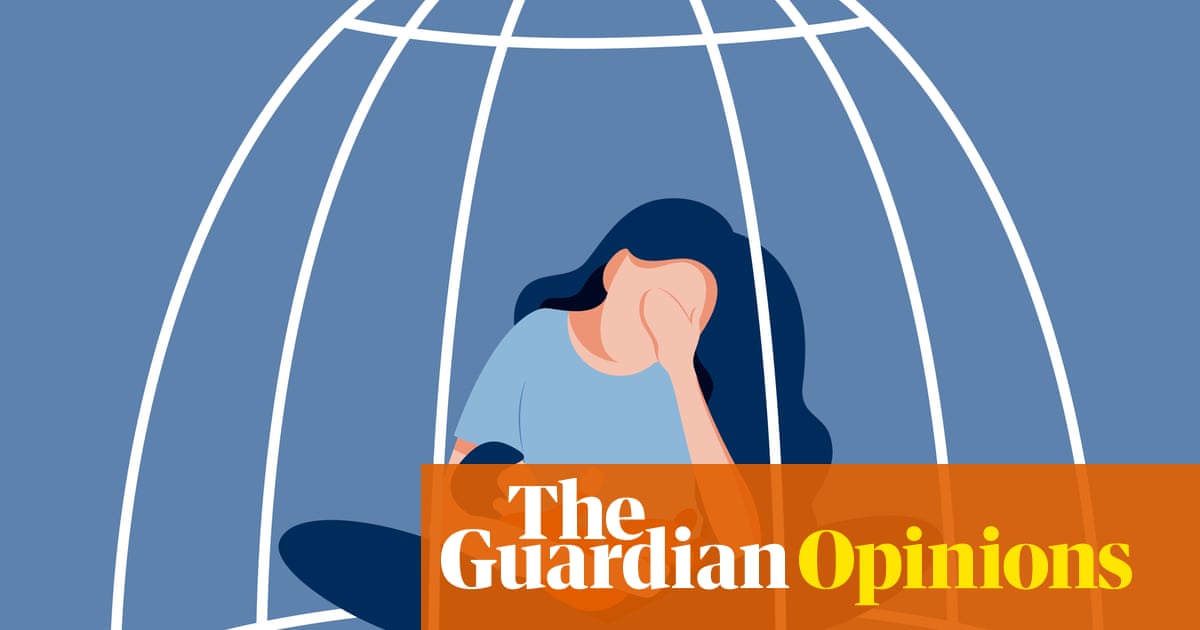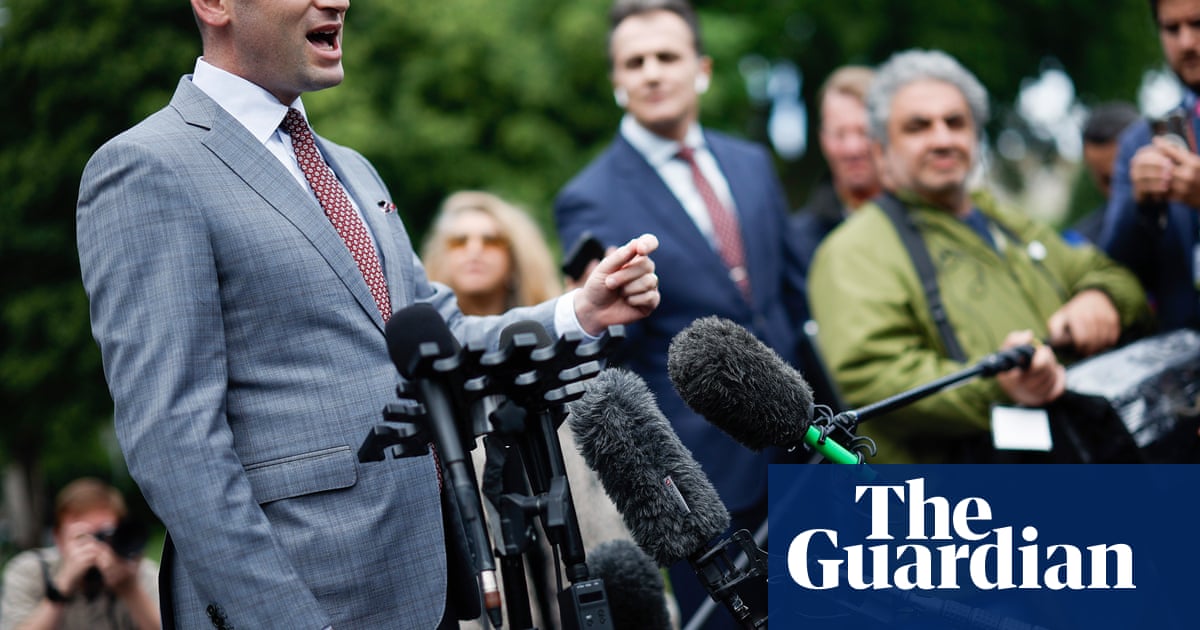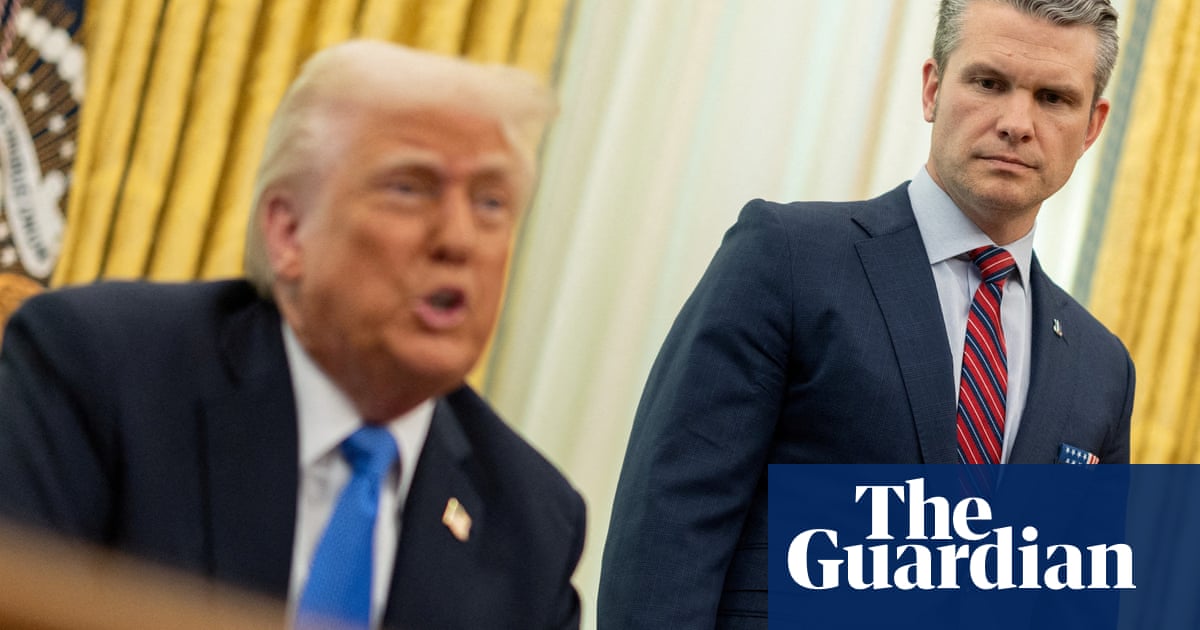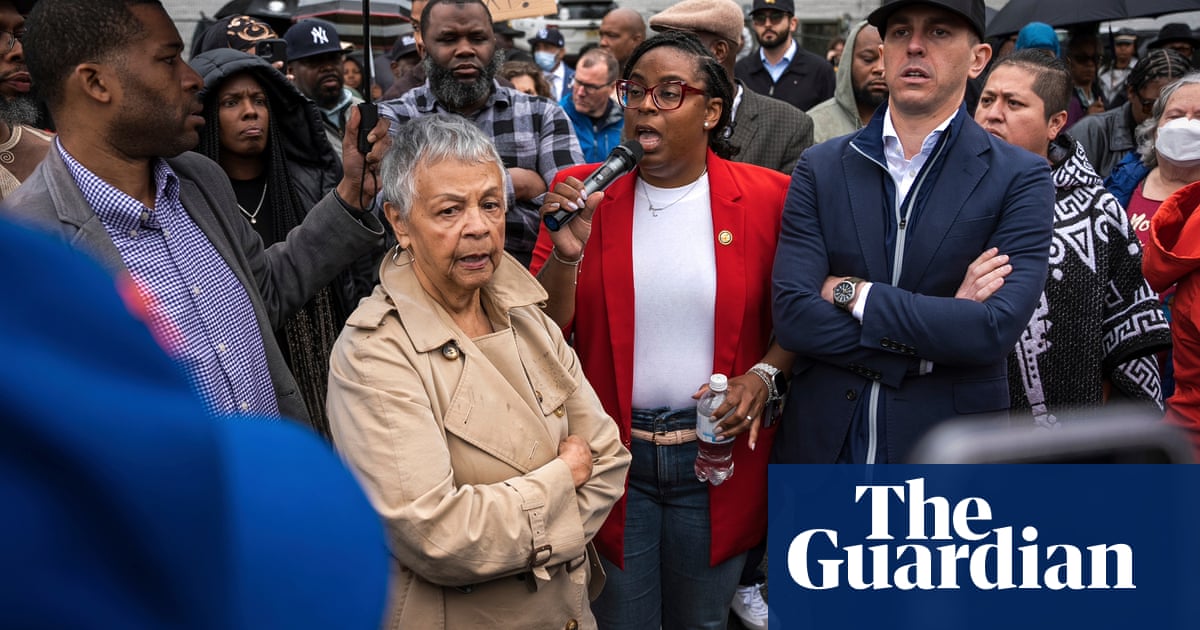When Serbian protesters took over the town of Novi Sad this weekend and staged a triumphant street festival, occasional chants could be heard of an old slogan dating back a quarter of a century.
“Gotov je!” (“He’s finished!”) was the mantra of the 2000 revolt that brought down Serbia’s post-communist dictator Slobodan Milošević. This time it was aimed at his successor, President Aleksandar Vučić, but the chant did not travel far among the tens of thousands gathered in Novi Sad.
The words were from another era and the students who have led the past three months of protests have no real interest in a change of leadership, arguing they have no confidence that the existing political system would produce anyone better. They are not pointing out the emperor has no clothes, they say, only to end up with a new emperor.
“We need to rebuild everything from scratch,” said Ana Ðurović, a film-making student, standing in the midst of a dense, jubilant crowd on one of the three bridges across the Danube blocked by protesters as evening fell on Saturday. “Students are not trying to participate in politics or government. That’s not the plan.”
With the students reluctant to get involved in conventional politics against a well-entrenched regime, there is a troubling question hanging over the euphoria of the protests: now what?
Serbian democrats have reason to be cautious. Milošević’s democratic successor, Zoran Đinđić, held office as prime minister for little more than two years before being shot through the heart by a sniper, a special forces veteran taking orders from organised crime.
The trigger for the latest protests has been more bloodshed: the lives of 15 people lost when the canopy roof outside Novi Sad railway station collapsed on 1 November, amid evidence of slipshod construction, fraud and corruption.
For the protesters there is a common strand: what is rotten in Serbia’s body politic has once again ended up killing its own citizens. The emblem of the protests has become a scarlet palm print, depicting the bloody hands of those in power.
The students’ strategy is to focus on the Novi Sad station disaster with specific demands for transparency and accountability, and their hope is their dogged insistence on those two scarce commodities will somehow change Serbia.

“If they do every single thing that students want from the government, we will have a total change in our society, because they will have to start arresting people at the top of government,” said Ivan Bjelić, an activist who has spent 23 days in jail for his part in the demonstrations.
The protests have so far wrongfooted Vučić and his Serbian Progressive party (SNS), who had grown adept over more than a decade at sidelining the conventional political opposition, through a mix of government patronage and the threats of character assassination through friendly tabloids, dismissal or financial pressure.
The students have kept their distance from the opposition parties and operate collectively through plenary meetings and direct democracy, with no identifiable leaders the government can target. And with each tabloid denunciation or sporadic physical attack, including two car-ramming incidents, the protests have grown.
“It’s really very challenging for this government, because they don’t know how to talk with these young people who are just asking for justice and for truth,” said Srdan Golubović, a celebrated Serbian film director and one of Ðurović’s professors from the University of Belgrade.
Golubović and most of the dramatic arts faculty were standing with the students on one of the Novi Sad bridges on Saturday. He compared the protests to the mass uprisings of 1968, in their student leadership, the emphasis on direct democracy and systemic change, as well as their sheer scale.
“This started as something small but it has become a big wave, as many people from all the cities and small towns in Serbia are no longer afraid. That’s the most important thing – the loss of fear,” Golubović said.
The students’ broadening base of support was evident over a sunlit weekend in Novi Sad. Local farmers brought dozens of tractors, deployed as brightly coloured steel guardians on the bridges and city streets. Serbia’s biker community arrived on thousands of motorcycles that entered in dramatic style on Saturday afternoon, in one long cavalcade escorted by smiling police. Meanwhile, army veterans marched in their crimson berets through the city centre to pay their respects at the damaged railway station.

There have now been protests in about 200 towns. In the run-up to the weekend’s events, Belgrade students walked the 60 miles (100km) to Novi Sad through traditionally SNS-loyalist villages and were feted all along the way. A fleet of taxis from Belgrade turned up on Sunday to offer them free rides back to the capital, and on the same day, back in the capital the national bar association declared a one-month lawyers’ strike in solidarity.
Internal pressure from journalists has shown signs of changing state media. Pro-government outlets had thus far played down the protests to the point of ignoring them, but the state broadcaster, RTS, showed live pictures of the crowds engulfing Novi Sad, to the anger of the SNS, which denounced the coverage as “scandalous”.
Vučić has continued to hint, without evidence, that obscure outside forces are orchestrating the protests. “We don’t need governments imposed from the outside … without elections and without the will of the people,” he said on Instagram.
At the same time the government has been back-pedalling ever faster. More than a dozen people were charged in relation to the Novi Sad disaster, including the former transport minister Goran Vesić. Vesić resigned, and then last Tuesday so did the prime minister, Miloš Vučević.
Like the government’s earlier threats, the concessions have only served to embolden the protests and boost popular support for the students.
“This generation has proved we’re not as passive as we were brought up to be,” Ðurović said. “We were brought up not to participate in politics. We were taught we cannot change anything. Now we’ve proved that change is possible.”
There is widespread agreement in all walks of life in Serbia that there has been a profound change in society over the past few months, but there is no clarity on what will happen next. The students have a set of principles and demands but freely admit there is no blueprint.
“We just really want to have a lawful country to live in, and a peaceful society,” said Anja Stanisavljević, a student from the Novi Sad philosophy faculty. “I don’t think we have a full-on plan, but I don’t think we are going to stop until we get the change that we want.”
Vučić still has his hands determinedly on the levers of power, however. The economy is one of the fastest-growing in Europe and he is not under any particular pressure from abroad, especially from western capitals. While his rhetoric tends towards the populist and anti-western, his actions increasingly lean the other way.

Serbia has exported $800m in ammunition to western buyers, which has found its way to Ukraine. In August, the government bought French Rafale warplanes to replace the country’s Soviet-era MiGs. The EU has been largely silent since the start of the protests. Joe Biden’s ambassador to Serbia, Chris Hill, was often a cheerleader for Vučić, and the Serbian leader has put a deposit down on the new administration’s favour by granting permission to Donald Trump’s son-in-law, Jared Kushner, to build a Trump hotel in central Belgrade.
“There are limits to how the street protests can be articulated in a way to lead to some kind of a transition,” said Ivanka Popović, a university lecturer and leading member of the pro-democracy group ProGlas. “I think the students have not yet decided how to move forward, which means everything is sort of on hold, and I think Mr Vučić is taking advantage of this. He’s a very experienced, skilled politician.”
Vučić has said he intended to assemble a government of experts, though his probable appointees are unlikely to quell the protests. He could also call snap elections, giving the opposition a quandary over whether to take part.

Miša “Ronin” Bačulov, a well-known martial arts champion and motivational speaker, who has become a city councillor in Novi Sad and a prominent ally of the students, says elections would be meaningless unless preceded by a truly representative provisional government to create an even playing field in the skewed state-run media and electoral system.
“Now it’s like getting into a rigged match. We at least want to have a fair chance,” Bačulov said, admitting there could be no guarantee that the protests had made such fundamental changes an inevitabilty.
“It’s like we’re leading by 20 points, and it’s the last round,” he said. “But in a real fight, you can’t be sure until the last second that you’re going to win.”

 3 months ago
36
3 months ago
36
